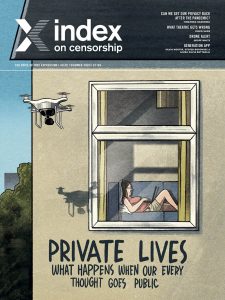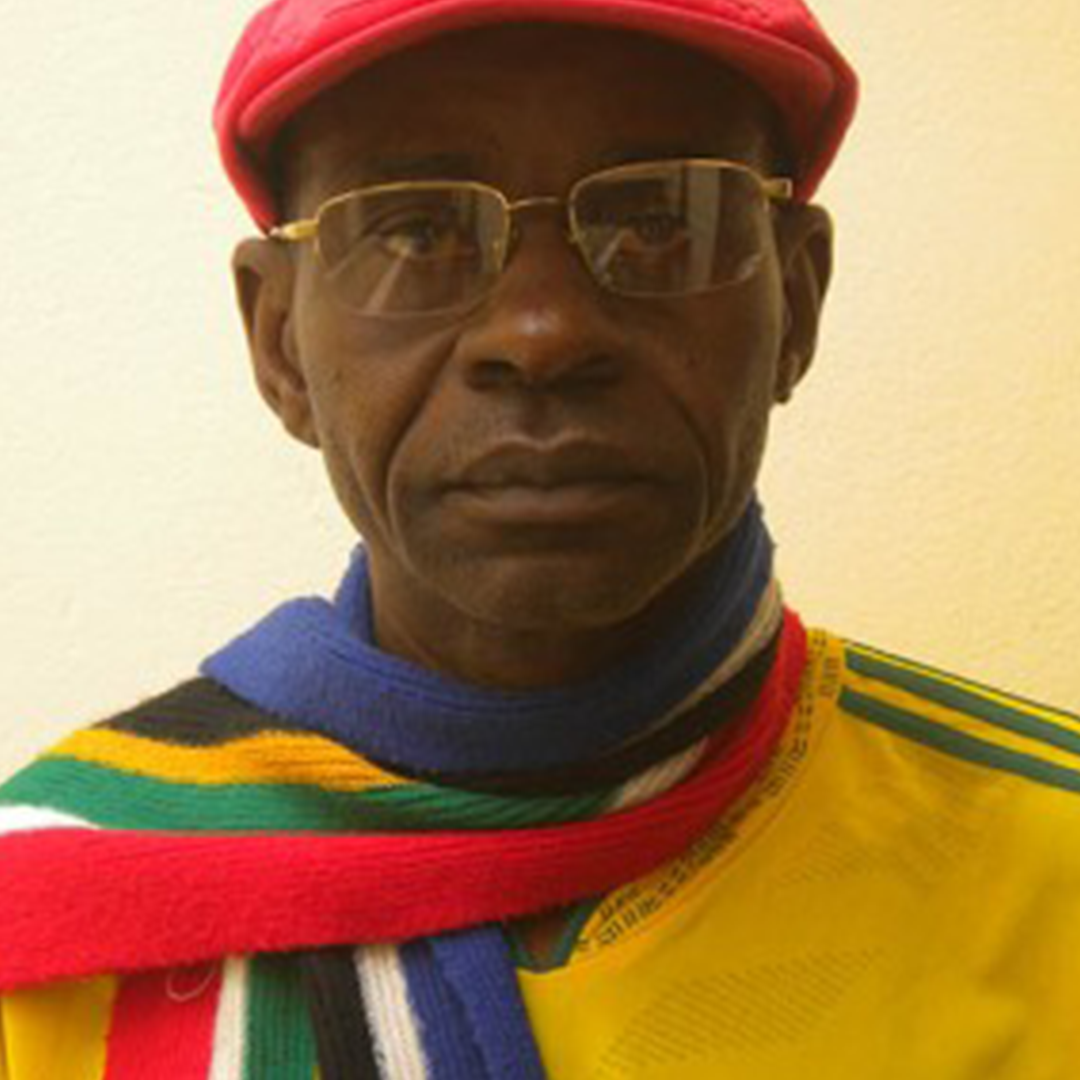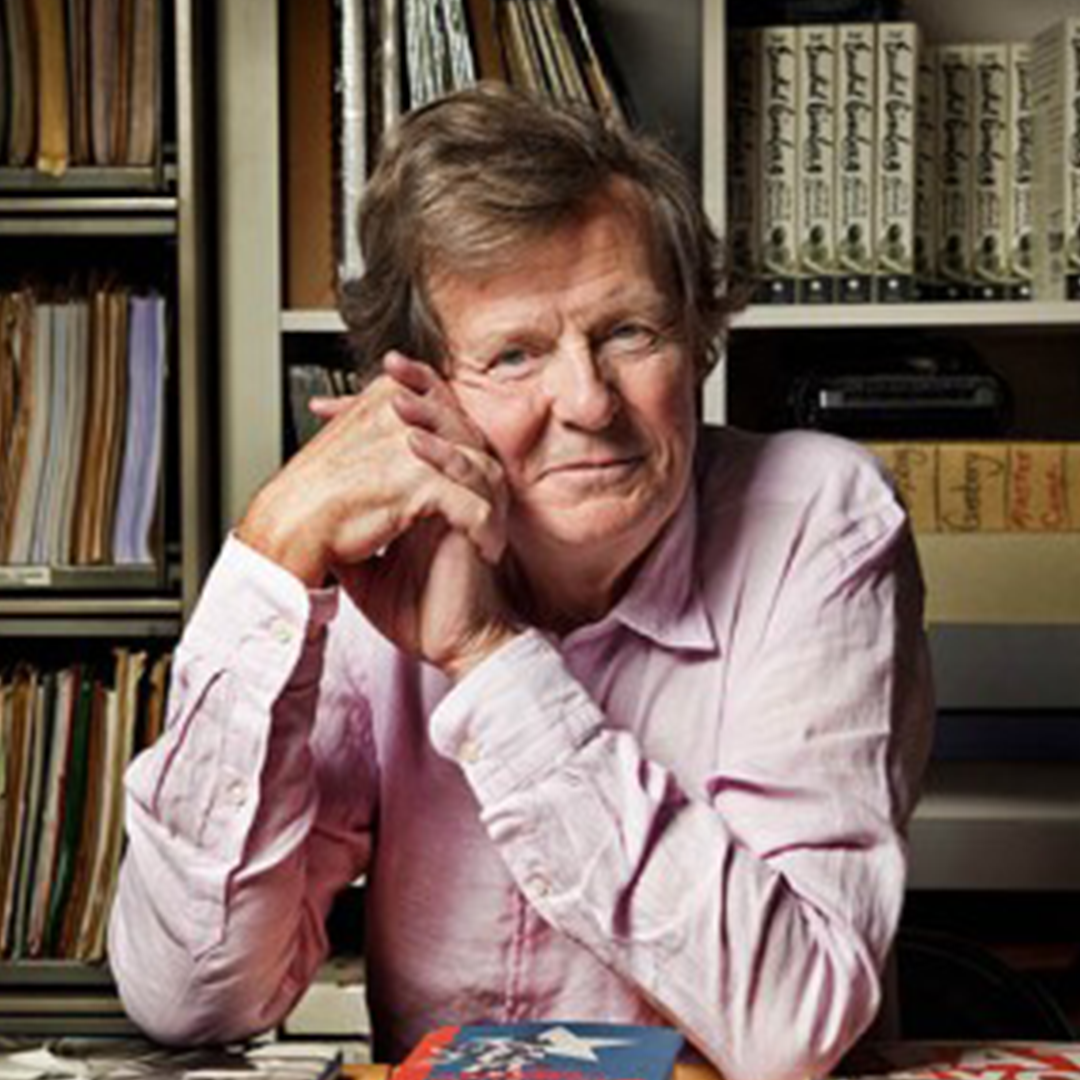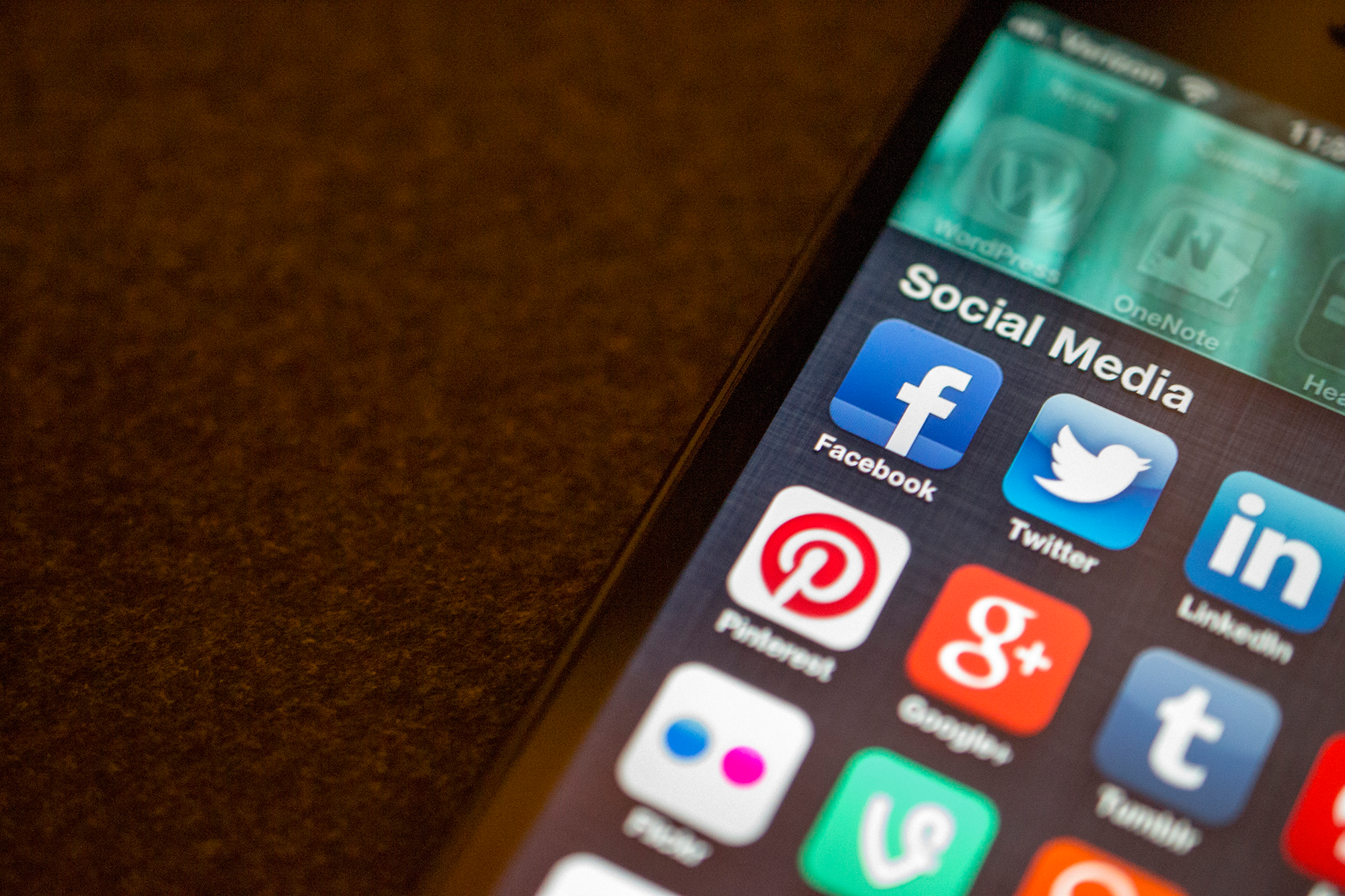Index relies entirely on the support of donors and readers to do its work.
Help us keep amplifying censored voices today.
[vc_row][vc_column][vc_custom_heading text=”With contributions from Katherine Parkinson, David Hare, Marina Lalovic, Geoff White and Timandra Harkness”][/vc_column][/vc_row][vc_row][vc_column][vc_column_text]
 The Summer 2020 issue of Index on Censorship magazine looks at just how much of our privacy we are giving away right now. Covid-19 has occurred at a time when tech giants and autocrats have already been chipping away at our freedoms. Just how much privacy is left and how much will we now lose? This is a question people in Turkey are really concerned about, as many feel the home was the last refuge for them for privacy, but now contact tracing apps might rid them of that. It’s a similar case for those in China, and the journalist Tianyu M Fang speaks about his own, haphazard experience of using a contact tracing app there. We also have an article from Uganda on the government spies that are everywhere, plus tech experts talking about just how much power apps like Zoom and tech like drones have.
The Summer 2020 issue of Index on Censorship magazine looks at just how much of our privacy we are giving away right now. Covid-19 has occurred at a time when tech giants and autocrats have already been chipping away at our freedoms. Just how much privacy is left and how much will we now lose? This is a question people in Turkey are really concerned about, as many feel the home was the last refuge for them for privacy, but now contact tracing apps might rid them of that. It’s a similar case for those in China, and the journalist Tianyu M Fang speaks about his own, haphazard experience of using a contact tracing app there. We also have an article from Uganda on the government spies that are everywhere, plus tech experts talking about just how much power apps like Zoom and tech like drones have.[/vc_column_text][/vc_column][/vc_row][vc_row][vc_column][vc_custom_heading text=”Special Report”][vc_column_text]
[/vc_column_text][/vc_column][/vc_row][vc_row][vc_column][vc_custom_heading text=”In Focus”][vc_column_text]
[/vc_column_text][/vc_column][/vc_row][vc_row][vc_column][vc_custom_heading text=”Culture”][vc_column_text]
[/vc_column_text][/vc_column][/vc_row][vc_row][vc_column][vc_custom_heading text=”Index around the world”][vc_column_text]
[/vc_column_text][/vc_column][/vc_row][vc_row][vc_column][vc_custom_heading text=”Endnote”][vc_column_text]
[/vc_column_text][/vc_column][/vc_row][vc_row][vc_column width=”1/3″][vc_custom_heading text=”Subscribe”][vc_column_text]In print, online, in your mailbox, on your iPad.
Subscription options from £18 or just £1.49 in the App Store for a digital issue.
Every subscriber helps support Index on Censorship’s projects around the world.
![]() SUBSCRIBE NOW[/vc_column_text][/vc_column][vc_column width=”1/3″][vc_custom_heading text=”Read”][vc_column_text]The playwright Arthur Miller wrote an essay for Index in 1978 entitled The Sin of Power. We reproduce it for the first time on our website and theatre director Nicholas Hytner responds to it in the magazine
SUBSCRIBE NOW[/vc_column_text][/vc_column][vc_column width=”1/3″][vc_custom_heading text=”Read”][vc_column_text]The playwright Arthur Miller wrote an essay for Index in 1978 entitled The Sin of Power. We reproduce it for the first time on our website and theatre director Nicholas Hytner responds to it in the magazine
READ HERE[/vc_column_text][/vc_column][vc_column width=”1/3″][vc_custom_heading text=”Listen”][vc_column_text]In the Index on Censorship autumn 2019 podcast, we focus on how travel restrictions at borders are limiting the flow of free thought and ideas. Lewis Jennings and Sally Gimson talk to trans woman and activist Peppermint; San Diego photojournalist Ariana Drehsler and Index’s South Korean correspondent Steven Borowiec
LISTEN HERE[/vc_column_text][/vc_column][/vc_row]
FEATURING

Journalist
Issa Sikiti da Silva is an award-winning freelance journalist who has traveled extensively across Africa. Born in Kinshasa, the capital of the Democratic Republic of Congo, he has lived in South Africa and worked as a foreign correspondent in West Africa. His work has been published in nearly 40 media outlets

Actor and playwright

Playwright
David Hare is a playwright and film-maker. He has written over thirty stage plays which include Plenty and Pravda (with Howard Brenton). For film and television, he has written nearly thirty screenplays which include Licking Hitler, The Hours, The Reader and Denial. In a millennial poll of the greatest plays of the 20th century, five of the top 100 were his
[vc_row][vc_column][vc_single_image image=”113563″ img_size=”full” add_caption=”yes”][/vc_column][/vc_row][vc_row][vc_column][vc_column_text]An extraordinary event in the history of not just Hong Kong but of the world took place exactly one year ago. A massive crowd, which according to some estimates was around two million strong, marched through the streets of the most cosmopolitan city on the China coast to call for the withdrawal of a proposed extradition bill that many felt would undermine the rule of law in Hong Kong. They also took action to express their anger at the brutality police had shown in dealing with a protest a few days before. And they demonstrated to show, more generally, that they were concerned that key features of local life that made the city different from its mainland neighbours, including greater freedom of speech and freedom of assembly, were under threat.
The marchers marched because they felt that the Chinese Communist Party leadership was failing to respect the second two words in the “One Country, Two System” framework that was supposed to structure relations between Beijing and Hong Kong for the first 50 years after the 1997 Handover that changed the latter from a British colony to a Special Administrative Region of the People’s Republic of China. Xi Jinping and company were failing to respect the promise that Hong Kong would enjoy a “high degree of autonomy” until 2047. The marchers marched because they felt that Hong Kong’s Chief Executive Carrie Lam, chosen through an election in which fewer than 2,000 local residents were eligible to vote, was aiding and abetting this process. She was, in fact, the one who was championing the hated extradition bill, which would allow activists to be taken over the border to stand trial on the mainland if Beijing wished this to happen.
What made the march extraordinary in world historical terms? Even in an era that is witnessing wave after wave of protest struggles, the size of the crowd was unusual. There are few if any examples of roughly a quarter of the members of a sizeable political community taking to the streets at once. Yet, as Hong Kong is home to fewer than eight million people, that is what happened on 16 June 2019.
To mark that anniversary, we are publishing an excerpt from the closing pages of Vigil: Hong Kong on the Brink, a work written by historian Jeffrey Wasserstrom, with contributions by the journalist Amy Hawkins. Published earlier this year by Columbia Global Reports, it places that massive mid-June march and related 2019 events into historical and comparative perspective.
Vigil – whose lead author has recently contributed both a short story and two commentaries to Index and spoke last year at an Index event on a panel with the Guardian’s Tania Branigan that focused on the 30th anniversary of Tiananmen – makes particularly fitting reading right now. This is because in recent weeks Beijing and its local allies have made their most disturbing moves yet to destroy what little is left of the “autonomy” Hong Kong was promised. Showing disrespect for the Chinese national anthem has been criminalised, for example; highly respected figures in the democracy movement known for consistently advocating moderate tactics have been arrested; and Beijing has announced it will impose a sweeping new anti-sedition law on Hong Kong.
Resistance continues. Activists face greater risks than ever, however, as mass arrests and police brutality have become routine. In line with arguments in Vigil, the Hong Kong democracy movement increasingly resembles the against-long-odds efforts to combat autocratic rule waged in Poland after martial law was imposed there late in 1981 or the protracted anti-colonial struggle against powerful, recalcitrant empires that have been carried out in many parts of the world.
***
Water by Jeffrey Wasserstrom
Hong Kong has long been a place with varied and deep associations with water. “Harbor” is the second term in its two-character name, coming after a word most often translated as “fragrant”. Fish and seafood figure centrally in the storied local cuisine. Hong Kong first gained economic importance due to its role as a hub of trade involving vessels that moved goods across rivers and seas. Humid air, mist, and the torrents of water that lash the city during typhoons are key parts of the local climate. Umbrellas served as protest symbols in 2014. While the city teetered on the brink in 2019, activists striving to create a new alternative world in the streets and in malls and in airport arrival and departure halls in the midst of scenes of destruction, urged one another to “be water,” to adapt their tactics continually to changing circumstances. To resemble “water” means to be flexible in one’s actions, going one place but quickly heading to another if there is too much resistance. The idea can be traced back to longstanding Chinese philosophical traditions, especially Daoism (though metaphors linked to water are important in Confucian texts as well). It has a more specific referent, though, to perhaps the most famous Hong Konger, martial artist and movie star Bruce Lee. “Don’t get set into one form, adapt it and build your own, and let it grow. Be like water,” he said. “Now water can flow, or it can crash! Be water, my friend.”
There’s also the metaphor of the hundred-year flood, the (inaccurate) myth that rivers overflow their banks once a century. Just as the 2019 protest movement was underway in Hong Kong, the author Adam Hochschild published a powerful essay about the parallels of American politics in the years 1919 and 2019. Hochschild conjured up the image of a very particular sort of hundred-year flood: the unleashing of ugly nativist rhetoric in America during the presidency of Woodrow Wilson, and now again during that of Donald Trump. Focusing as I have on the events treated in the preceding chapters on my mind, his essay set me wondering whether there were parallels and imperfect analogies linked to events of a century ago worth considering when trying to make sense of the current Hong Kong crisis. There are, I think—providing that we place the past of Shanghai, once the most cosmopolitan city on the China coast, beside Hong Kong’s present.
What exactly happened in that great port of the Yangzi Delta one hundred years ago? There was a dramatic series of protests in which young people took leading roles. There was a general strike. On the whole, the protesters behaved in peaceful ways, but there were some ugly incidents, during which they roughed up people they viewed as outsiders. One goal of the movement was to stop a widely disliked document from going into effect. The protesters directed much of their ire at government officials they viewed as immoral and too ready to do the bidding of men in a distant capital. They also called for the release of protesters who had been arrested and complained about police using too much force in dealing with demonstrators. The movement became in large part a fight for the right to speak out. The protests in the city were preceded by, built on, and expanded a repertoire of action developed during a series of earlier struggles, as some participants in the 1919 demonstrations had been part of shorter waves of activism in 1915 and 1918 and in some cases even in 1905. New tactics were added to the mix in 1919. So were new symbols: for example, a distinctive type of headwear became associated with the protests, as students eschewed wearing straw hats made in Japan for locally made cotton ones.
This analogy is far from perfect. The Shanghai protests of 1919 were part of a nationwide struggle, known as the May Fourth Movement, in honor of the day of the year’s first major demonstration, which took place in Beijing. The current crisis, by contrast, began and has stayed centered in Hong Kong, as did the 2014 Umbrella Movement before it. There have been many more arrests this year, and there were no paving stones thrown or fires set by activists in Shanghai a century ago. The document the protesters of 1919 disliked was not a local bill but an international accord: The Treaty of Versailles, the post–World War I agreement that they objected to because it passed control of former German possessions in Shandong Province to Japan rather than returning them to Chinese control. While one student died from the injuries he received at the hands of the police during the initial protest on May 4, 1919, many fewer demonstrators and bystanders were injured in any part of China one hundred years ago than have been injured in Hong Kong during 2019.
The protesters of 1919 even succeeded in gaining more concessions from the warlords in control of Beijing than those of 2019 have managed to secure. In the immediate wake of the Shanghai General Strike, which stands out as one of the most important of all May Fourth Movement collective actions, three officials that the students claimed were too cozy with Tokyo were removed from their positions and the protesters arrested in Beijing were released. The Chinese delegation to the Paris Peace Conference, who had a role in the proceedings as both China and Japan had come into World War I on the side of the Allies, refused to sign the Treaty of Versailles. These successes by the protesters help to explain why the May Fourth Movement has long been hailed in China as a triumphant struggle. By contrast, while Carrie Lam withdrew the extradition law in September, there have been no moves toward concession regarding the other key demands of the protesters. The authorities have not released those who have been arrested, appointed an independent commission to investigate allegations of police violence, nor retracted their description of early protests as “riots.” Lam has not resigned. There is no universal suffrage in Hong Kong.
But while the May Fourth Movement has a hallowed place in Chinese history now, it was for decades considered largely a failure. While the Chinese delegation to Paris refused to sign the Treaty of Versailles, the accord went into effect anyway. Former German territories in Shandong fell under Japanese control. The May Fourth activists were no more successful at preventing territory they cared about from going from the control of one colonial power to another. And the Japanese seizure of Shandong, which was preceded by its seizing of Korea and Taiwan, was followed in 1931 by Tokyo taking Manchuria and later moving further into China and other neighboring lands.
Japan asserted in many cases that it was not taking over territories, but freeing them from colonial rule, and allowing them to be governed at last by locals. They made this claim about Shanghai, proclaiming in the early 1940s that it was finally liberated from all forms of foreign control, even as Japanese troops and Chinese puppet officials control the city. They made this claim about Manchuria as they put Pu Yi, the ethnically Manchu former Last Emperor of the Qing Dynasty, on the throne, as a ruler beholden to Tokyo. They did not talk of a single empire with multiple systems, but rather of a Greater East Asian Co-Prosperity Sphere. Beijing, too, does not talk of having an empire, but its handling of Tibet and Xinjiang rhymes with Tokyo’s imperial approach. Beijing’s dreams for Hong Kong, which are nightmares to those on the streets, rhyme with Tokyo’s proclamations about Shanghai. The terms are new— “One Country, Two Systems,” “Greater Bay Area”—but when it comes to fantasies and raw power, there are disturbing echoes.
History does not repeat itself. In 1919, the Western powers actively aided Japan’s move into Shandong. Viewed within a hundred-year framework, the limited international concern about Hong Kong’s fate is deeply worrying. So, too, are the signals some world leaders, including Vladimir Putin and Donald J. Trump, have been sending to Xi Jinping during the current crisis, which convey a sense that whatever he does will be just fine with them, as long as it does not impinge on their plans for their own nations. Hundred-year floods can wreak many different kinds of damage.
Vigil: Hong Kong on the Brink was published in February 2020. To read more about the book click here[/vc_column_text][/vc_column][/vc_row]
[vc_row][vc_column][vc_column_text] [/vc_column_text][vc_column_text]
[/vc_column_text][vc_column_text]
[streamquiz id=”5″][/vc_column_text][/vc_column][/vc_row]